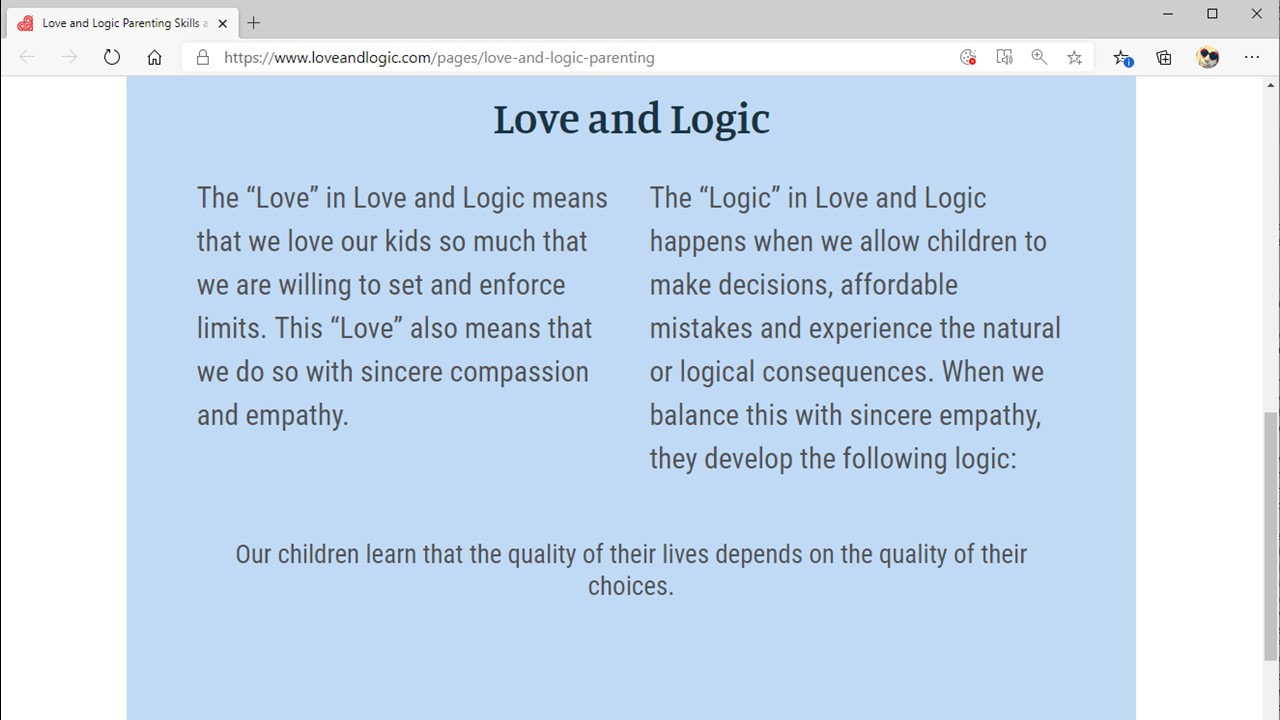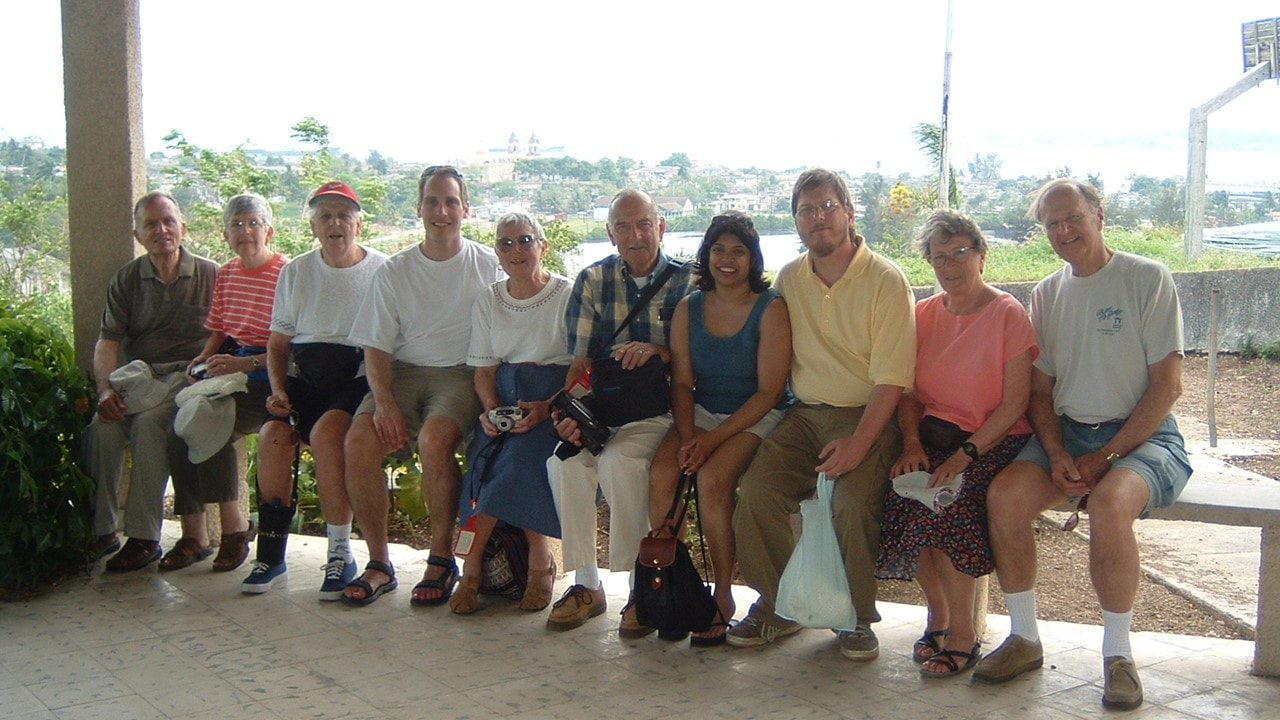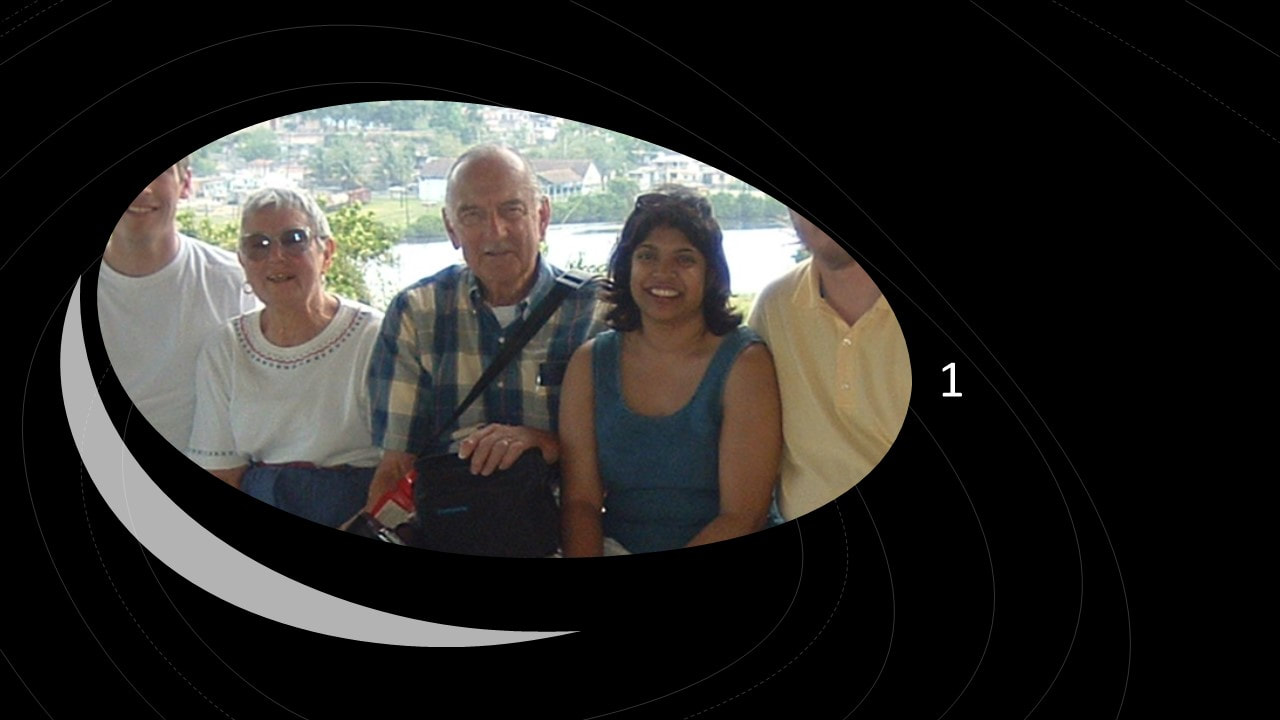Scott AndersonGenesis 50:15-21 † Psalm 103:1-13 † Romans 14:1-12 † Matthew 18:21-35 You can find a video copy of this sermon in the context of worship here. What is going on with this guy in Matthew? He’s been forgiven an incredible amount. He has received an inconceivable amount of mercy. The comparisons may be lost in translation, but they are immense—almost beyond comprehension. Let’s do the math. A talent is worth “more than fifteen years’ wages of a laborer” while the denarius was “the usual day’s wage.” In other words, the first has been forgiven a debt equivalent to 50 million days of a salary for a laborer, while he cannot find his way to forgiving a debt equal to a salary of 100 days of labor—4 months or so. We are talking, in other words, about a proportion of 500,000 to one. The comparison is absurd. The contrast of the debt owed is so large it almost means nothing—an ant and an elephant. In truth, I suspect the point of the story is the absurdity of it all—that the debt is, quite simply, an impossible one. And the comparison between the two debts is a measure not of degree but substance, a relationship not in-kind but of a fundamental difference. The terms slave or even servant and master are troubling and may distract us from the question the parable is pointing to. Perhaps creator and creature might be more helpful. Let’s put it this way, the debt owed or forgiven a fellow creature is a different thing than that owed the cosmos. How does one repay the universe, we might wonder? And more notably, how does one stop the universe once it starts to repay you? How does one stop a hurricane or the rising waters? How does one stop radiation once it is unleashed? How does one stop a universal arc that bends toward justice? So, again, the question. What is going on? Why do you pass judgment on your brother or sister, your sibling? Why do we pass judgment? What is going on? Let’s look at it from a different angle, a more practical angle, if you will. Over the years we’ve talked and even done some work drawing on the resources of Love and Logic. Love and Logic started as a child-rearing resource for parents and educators built on the idea that an authentic, loving connection between parents and their children, or teachers and their students is the root of a healthy, thriving relationship.[i] Some local school systems, including Issaquah Schools draw on Love and Logic resources. We encourage it at St. Andrew—and we even have a small library of resources available—because we believe it parallels the values we see in the way of Jesus and in the Christian story, and it is supported by sound, peer-reviewed psychological and social theory. According to the website, The “Love” in Love and Logic means that we love our kids so much that we are willing to set and enforce limits. This “Love” also means that we do so with sincere compassion and empathy. The “Logic” in Love and Logic happens when we allow children to make decisions, affordable mistakes and experience the natural or logical consequences. Love and logic balanced together, genuine empathy and human autonomy, including the freedom to make mistakes, leads to the understanding that the quality of my life depends on the quality of my choices.[ii] And what is true in parenting or teaching is true in all human relationships. Forms of behavior that call into questions past choices, that rub insult into injuries, that cannot resist the corrosive lure of “I told you so,” not only lack the compassion embedded deep in Joseph’s forgiveness, deep in 70 times 7, deep in the Christian story, and deep in God’s love for us; it is also counter-productive and even destructive. It just doesn’t get us where we want to go. And I suspect this insight is all the more important in these treacherous days when we are so frayed for the impossible tasks we carry, and all the more important when forces are at work to tear us apart and to try to convince us that the problem is not our division, but that untenable and indefensible position of the opposing party—as if we are not in this together, as if we all do not together and collectively owe an inconceivable and unpayable debt of gratitude to the cosmos and the Creator. One of my favorite insights of Love and Logic is the dead-end that is “I told you so.” The essential value of compassion, of feeling with, of sharing the pain of others is the key that unlocks learning and progress. Respect breeds respect. Practically, the empathy that grows from love prevents us from becoming an antagonist, or worse, an object for the anger that grows from loss and pain. If we lock in empathy, if we ally ourselves rather than shout across some chasm, the learning that flows naturally from experience can result for someone—whether a child, or an unemployed coal miner, or an estranged family member, or a world leader. If we fail to do so, the pain that would move that one toward more deeply considered choices based on the awareness that the quality of my life depends on the quality of my choices will instead be converted to anger projected at the arrogance of I told you so, and the possibility of real change is all but lost. Jesus leads into the parable of the talents with a command, telling us to forgive 70 times 7. It is, perhaps, another impossibility, but the meaning is not lost on us. Forgiveness is the only way we will ever hope to remain connected with one another. Note, he does not say to abandon our convictions in the midst of it. He doesn’t say to sacrifice those things that we hold most central to who we are. He doesn’t say to lose our maturity at the door or those boundaries that keep us safe and whole. He doesn’t say we don’t continue to identify and resist what is destructive. He doesn’t say that love must abandon good logic, but that they are siblings. He says to remain connected to one another by forgiving because we are one in the cosmos. We are creatures, human siblings who belong together. Because our future is a shared future and our choices affect everyone. Al Weenink, a Presbyterian pastor for over 60 years, and his wife Virginia were participants in a trip to Cuba I took some years ago. I was drawn to them because they seemed to handle whatever came our way with ease and grace. Near the end of our time together, he said something that explained much of this to me. He said, “I take confidence in the 1st century church—7 million were converted to Christianity within 300 years without means of modern communication one loving heart setting another aflame.”
Why do we pass judgment on one another? Where is the logic in this? We are free to love and free to leave judgment to God because we are no longer our own, we belong to love—the love that sets one loving heart and then another, and yet another aflame. Thanks be to God. Notes: [i] See, for example, the Love and Logic web page “Love and Logic Parenting Skills and Techniques,” retrieved September 15, 2017 at https://www.loveandlogic.com/parents/what-is-love-and-logic-for-parents. [ii] Ibid.
0 Comments
Leave a Reply. |
St. Andrew SermonsCategories
All
|







 RSS Feed
RSS Feed